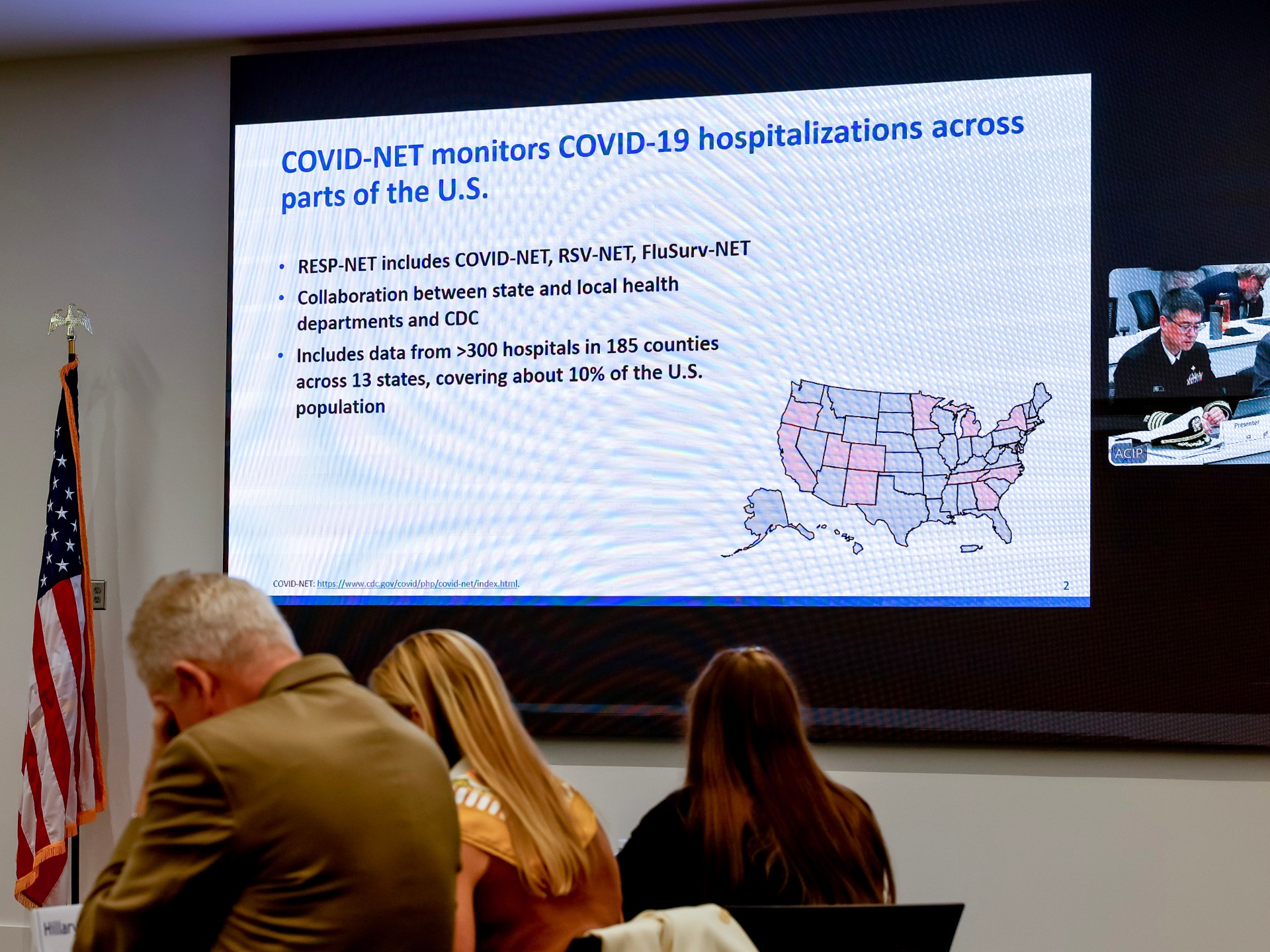
COVID Vaccine Advisory Panel Refrains from Universal Recommendation for Jabs: Implications for Public Health
Break from past recommendations comes amid warning of scientific backslide under leadership of HHS Secretary RFK Jr.
A vaccine advisory panel, appointed by Health and Human Services (HHS) Secretary Robert F. Kennedy Jr., has chosen not to recommend a COVID vaccine for all U.S. residents over six months old. This decision, made on Friday, marks a significant departure from prior guidance since the pandemic began in 2020.
Change in Vaccine Policy
Since the introduction of the COVID vaccine in the U.S., the Advisory Committee on Immunization Practices (ACIP) consistently recommended that all residents over six months receive the updated vaccine annually. However, the latest recommendation suggests a more cautious approach, advocating for decisions around vaccination to be made collaboratively with healthcare providers.
Concerns About Scientific Integrity
This shift occurs amid rising concerns about the agency’s scientific integrity under Secretary Kennedy’s leadership. Critics have accused him of spreading misinformation that undermines vaccine confidence, prompting alarm among health professionals.
Reactions from Experts
Former CDC Director Susan Monarez recently voiced concerns to a Senate Committee about the increasing politicization of vaccine recommendations under Kennedy. She alleged that she was dismissed for rejecting pressure to endorse ACIP recommendations without adequate scientific support.
Monarez cautioned against potential recommendations that could limit vaccine access for vulnerable populations without solid scientific backing. During the recent panel meeting, members decided against requiring prescriptions for vaccination but recommended adopting stronger cautionary language regarding vaccination risks.
Potential Impact on Vaccination Rates
Medical groups have expressed worry that these new recommendations could hinder vaccination rates, resulting in increased disease transmission. Dr. Sean O’Leary of the American Academy of Pediatrics labeled the move as “extraordinarily vague,” cautioning that it may sow distrust in vaccines.
Current COVID Data
According to CDC data, COVID vaccines remain the most effective means of preventing severe illness and death, despite ongoing transmission of the virus. Last fall and winter, the virus was linked to approximately 32,000 to 51,000 deaths in the U.S., predominantly affecting unvaccinated seniors and young children.
Looking Ahead
The recent focus of the ACIP has been partly driven by concerns about a rare vaccine side effect, myocarditis, particularly in younger men. As new vaccines and research come into play, the panel’s skepticism primarily centers around mRNA technology, which has been pivotal during the pandemic, but is viewed skeptically by Kennedy.
In August, he announced intentions to cut $500 million in mRNA vaccine research funding, further stirring controversies surrounding vaccine safety and efficacy.
Conclusion
The latest recommendations from the ACIP highlight a concerning trend in vaccine policy potentially influenced by political considerations. As the nation navigates the complexities of COVID vaccination, maintaining scientific rigor and public trust will be crucial for effective public health outcomes.
Published: 2025-09-19 20:52:00 | Source: www.aljazeera.com



